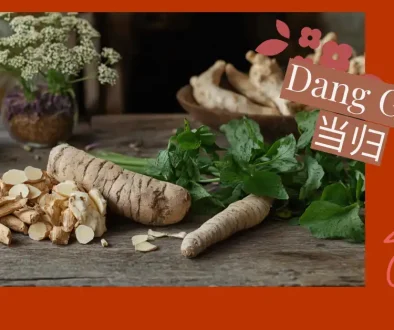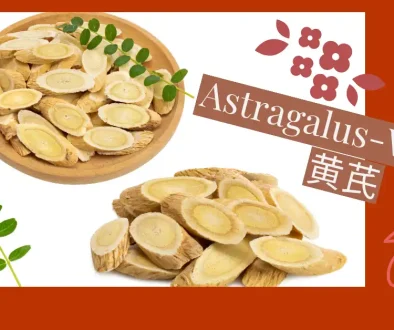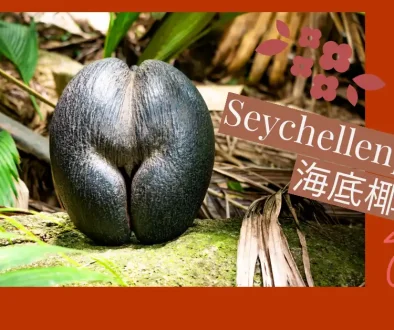Das Wachtelei 鹌鹑蛋
Das Wachtelei 鹌鹑蛋
Wachteleier
The quail egg ist das Ei der Wachtel. Als landwirtschaftliches Produkt wird es als Nahrungsmittel und Delikatesse verwendet.
Wachteln sind die kleinsten aller Hühnervögel und so ist ein Wachtelei auch nur 10–12 Gramm schwer und wesentlich kleiner als das 5- bis 6-mal so schwere Hühnerei. Die Schale des Wachteleis ist gesprenkelt, was bei der Tarnung hilft.
Wachteleier können wie andere Eier zubereitet werden. Sie werden gerne in der gehobenen Küche verwendet. Der Geschmack der Eier ist intensiver als der von Hühnereiern.
Bereits im alten Ägypten wurden die Wachtel und ihr Ei als Delikatesse geschätzt.
Hildegard von Bingen, eine Universalgelehrte des 12. Jahrhunderts, sagte den Wachteleiern nach, dass sie den Organismus stärken. Heilpraktiker bzw. die alternative Medizin gehen zum Teil davon aus, dass Wachteleier das Immunsystem stärken und Allergien (hier speziell Heuschnupfen) lindern können[1]. However, no scientific evidence has been found to support this claim.
Source Wikipedia
What is quail egg
Quail eggs are the smallest of all bird eggs. A quail egg weighs approximately ten to twelve grams and is therefore five to six times smaller than a chicken egg.
Due to their speckled shells, no two quail eggs are alike. In the wild, the spots serve as camouflage.
Quail eggs have a more intense taste than chicken eggs. They have also been credited with medicinal properties for hundreds of years. In alternative medicine and among practitioners of traditional healing, quail eggs are known for their ability to strengthen the immune system and alleviate allergies. However, scientific evidence to support these claims is still lacking.
The fact that quail eggs taste excellent, on the other hand, is undisputed.
Quail eggs are also excellent for making dim sum. See Wachtelei Siu Mai
Is quail egg healthy?
Yes, quail eggs are healthy as they are rich in protein, vitamins, and minerals. They also contain less cholesterol and fat than chicken eggs.
What is quail egg used for?
Quail eggs can be used in various ways in the kitchen. They are often used as a snack, appetizer, or as a garnish for dishes. At the Chinese restaurant Yung, quail eggs are used for quail egg siu mai and crispy potato balls with quail egg. Other suggestions include using them as an ingredient in salads, omelets, or in deviled eggs.
What nutrients contain quail egg?
Quail eggs are rich in nutrients such as protein, vitamins and minerals. An average quail egg (about 9 g) contains about:
- 13 calories
- 1 g protein
- 0,8 g fat
- 0,1 g carbohydrates
- 10 mg calcium
- 0.15 mg iron
- 0.1 mg vitamin B6
- 0,1 mcg vitamin B12
This information may vary depending on the size and origin of the quail eggs.
This information may vary depending on the size and origin of the quail eggs.
Ein sehr interessante Artikel findet ihr HIER

Wai Wah Yung







